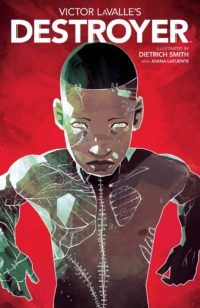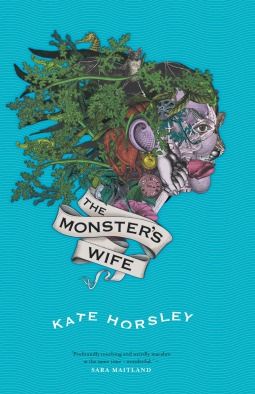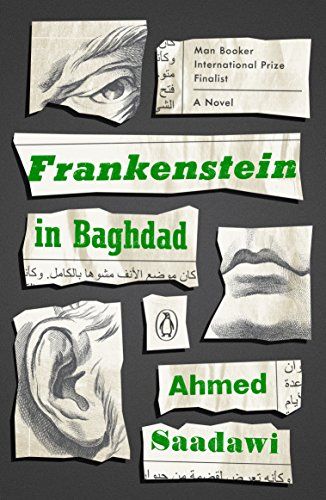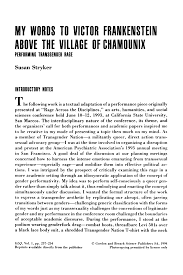Much like the eponymous modern Prometheus, the book is a hodgepodge of different points of view that have been stitched together to form an unreliable, endlessly fascinating behemoth of a story that only emphasises the novel’s penchant for gothic misdirection, uncertainty, and a consistently liminal sense of reality. As Walton fawns over Victor and whines to his sister about how boring his once-in-a-lifetime nautical journey is, you begin to wonder about the types of stories are locked away inside Victor’s later, narrow-minded take on the situation. This variety of narrative avenues, and the way the self-absorption of each character lends itself to plenty of unreliability to explore, provides a perfect opportunity for new stories to emerge; new stories that challenge the themes of the original, or shine a light on the unspoken angles that were obscured by Victor’s constant egotism. While I have yet to discover a novel about Walton (I’m envisaging a quiet, pining romance story between him and the scientist he drags out of the sea) or Justine (the Black maid who is framed for a murder committed by the Creature), recontextualising the canon is a vital exercise in creative deconstruction. It asks us to consider the power of perspective, destabilising dominant viewpoints, and rather than rebuild it crafts a new whole from each fragmented piece. The following texts offer a fresh look at the world of Frankenstein, and demonstrates that the themes and characters are still living, breathing, relevant things, resurrecting the original from antiquity and reframing the familiar tale. Trigger warnings: police brutality, body horror Trigger warnings: sexual assault, body horror Trigger warnings: body horror, injury detail Trigger warnings: transphobia, transphobic slurs, suicide



